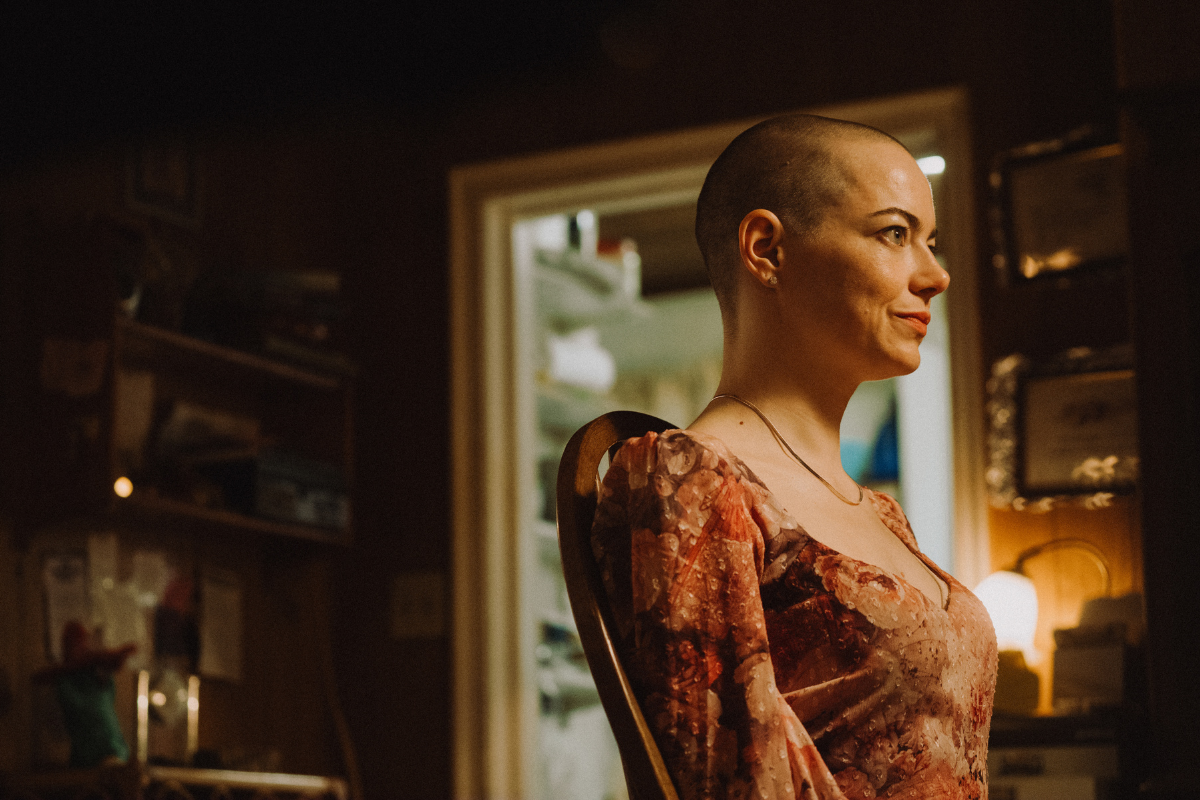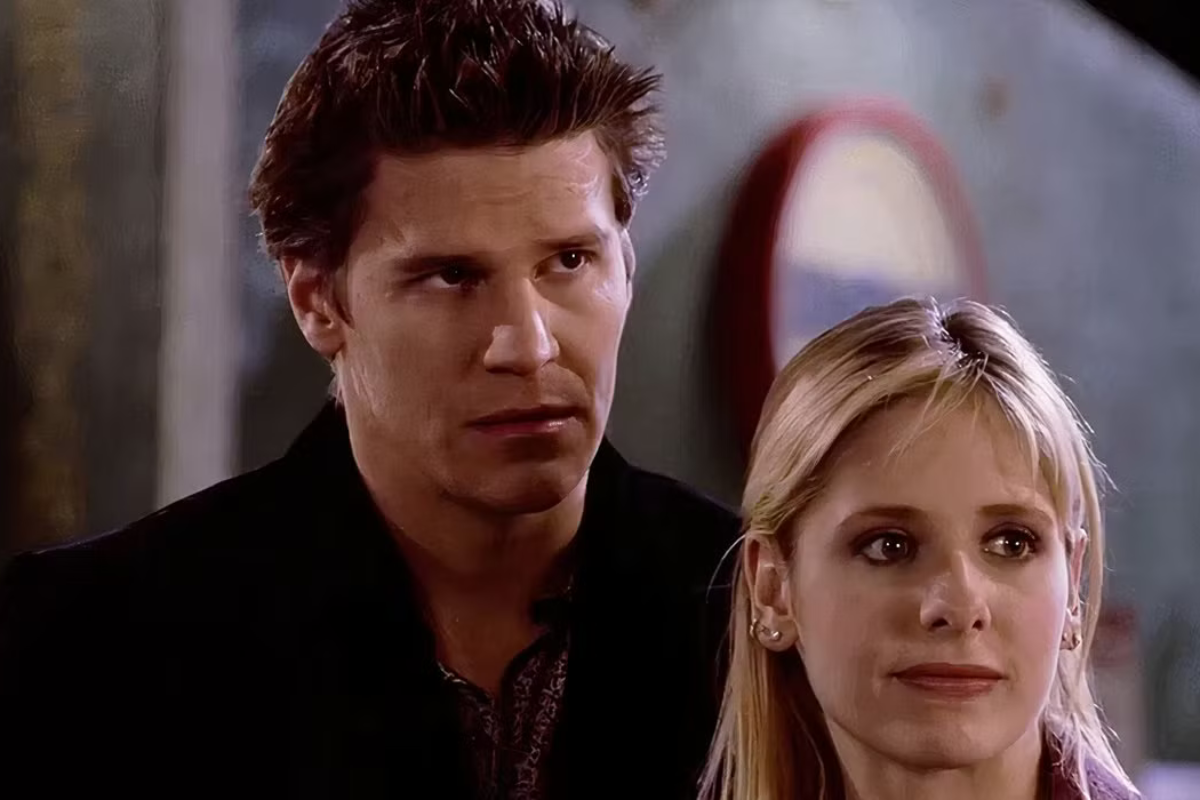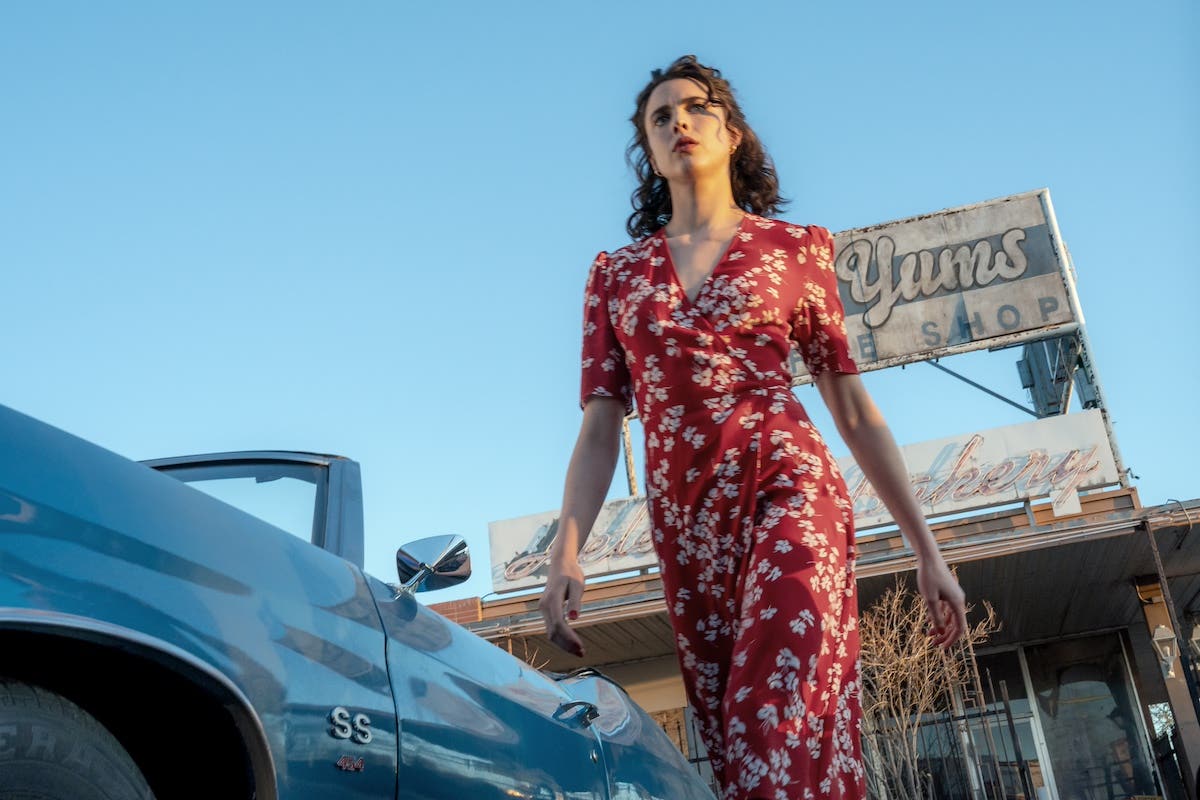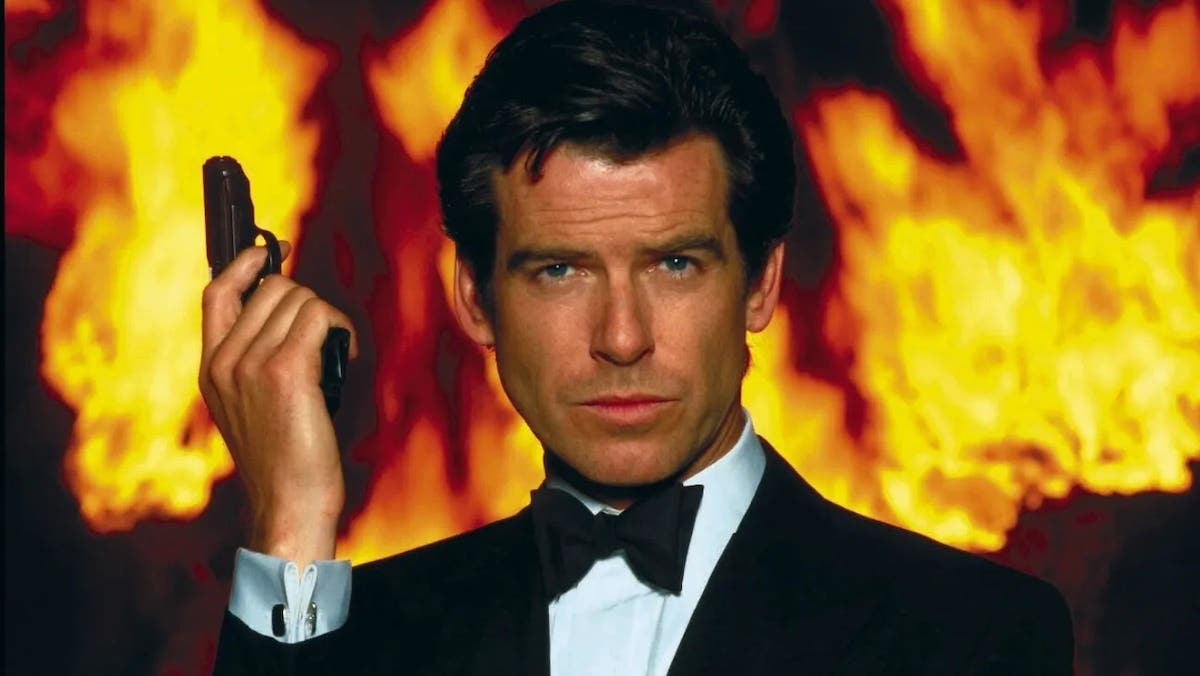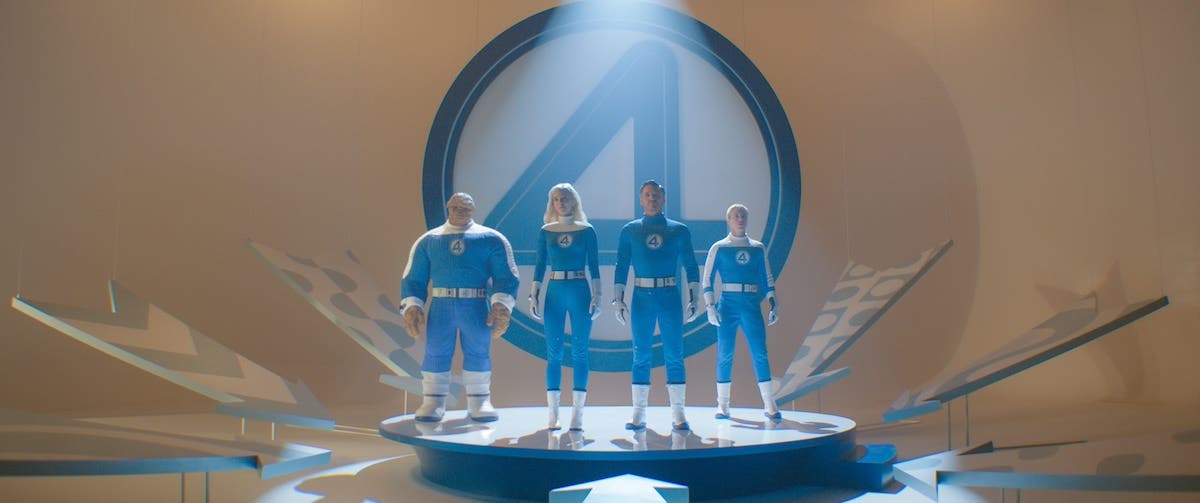Sci-Fi Circuit: Insights from ‘The Machine’ – Near Future Sci-Fi Grounded in the Real World
A sci-fi spec screenwriter in today’s market has a number of hurdles to overcome. One of the primary challenges we face is learning not only to master great sci-fi storytelling…
A sci-fi spec screenwriter in today's market has a number of hurdles to overcome. One of the primary challenges we face is learning not only to master great sci-fi storytelling but also how to do so on a limited budget. Until we're top-of-the-line, A-list writers, any big budget features we're bold enough to write are likely to remain shelf-fodder in the near term.
For now, we're better off focusing on telling compelling, powerful sci-fi stories on a limited budget or "for a price." We can learn a great deal from up-and-coming sci-fi storytellers who are successfully doing exactly this. One such storyteller is writer-director Caradog James of Red and Black Films.
I recently had the pleasure of interviewing Caradog about his award-winning sci-fi feature film The Machine, which he made on a limited budget of just under one million pounds or about 1.7 million in U.S. dollars. I asked for his insights about how he brought the project to fruition and his advice for spec writers looking to break in to the industry.
On Creating Sci-Fi Grounded in the Real World
One aspect to which he attributes the success of his film is the very human story at its core. He discovered the storyline through a year-long research endeavor, which included an off-the-record interview with an artificial intelligence consultant to the British Ministry of Defense. He learned that they had been able to map the brain of a mouse and were planning to move on to mapping a chimpanzee's brain. From there it was a short leap to the film's concept of mapping a human brain.
Caradog also learned that the strategy used for teaching machines to think and feel is similar to the kind of teaching used with disabled children. This notion inspired the storyline for the main character of The Machine – a man seeking to cure his daughter of Rett syndrome using the secret military technology he's developing to create a cybernetic super soldier, known as "Machine."
As a result, The Machine is a startlingly haunting and personal story set in the near-future context of artificial intelligence development and all its potential pitfalls. The music, acting, and storyline, all contribute to a powerful, human experience that asks questions about what we should or shouldn't be doing with the technology at our disposal – as the best sci-fi does – all grounded in what feels like a not-too-distant reality.
On Avoiding Being Heavy-Handed with a Message
A movie like this could be easily overly message-laden, but I found it implied the right questions and possible answers inherent in exploring new technology without being heavy-handed.
When I spoke with Caradog, I asked him how he avoided being overbearing with a “message." He pointed to several practical solutions.
- As mentioned, he extensively researched the project before beginning to write, including reading "heavy duty" books from futurists and quantum theorists that led to his conversations in the field about weaponizing machines and creating virtual models of brains. And perhaps most importantly, he met with families of disabled children which allowed him to paint a realistic picture about what they face.
- He also held two weeks of rehearsals with the actors prior to beginning the shoot, and through the rehearsals, was able to identify more clearly where the dialogue and storylines were lecturing the audience too much or showing too much of the research.
- The team also conducted test screenings, even with their very limited budget, so they could make sure their final edit culled unnecessary information and exposition that wasn't furthering the story. The goal was to give the audience just so much that they could grasp the concepts without the information deadening the emotion of the story.
- The producer made a point to provide objective feedback. Producer John Giwa-Amu would take time away from the editing process in order to give feedback from as an objective place as possible. As Caradog noted, objectivity is the first thing to go as a filmmaker, so it was invaluable to have someone with relatively fresh eyes to review each new cut of the film.
Advice for New Screenwriters
Caradog's advice for newer screenwriters is to focus on "elevated genre" as much as possible – genre movies with heart, real characters, a real point of view, all grounded in a well-research reality – much as he did with The Machine.
He recommends avoiding dramas as a new writer, because he says most adults don't go to the cinema anymore for drama without Oscar winning actors or high production values, both of which are hard to attain as newbie writers.
Instead, he suggests that the "holy grail" producers are looking for is great genre scripts that can be made on a budget, and will have a much better chance of getting into production.
Working with a Low Budget
Speaking of which, working on a low budget for The Machine was tough. "Every day was a struggle trying to get the film made," Caradog reported, particularly since he'd never done CGI or stunts before, and keeping with the schedule presented all sorts of unexpected challenges as well. For instance, he didn't expect it to take an entire day out of their tight 4.5 week schedule to film one line in the script: "Suri sets fire to the traitor."
Luckily, due to his background in making short films, Caradog found ways to make do, like catching up with scenes in single shots, doing tons of advanced preparation like storyboarding concepts and working out lighting, sets, and costumes ahead of time, and filming in essentially just one location plus some minor exteriors work.
What's Next for Caradog James
Up next for Caradog is a "first contact" movie – an exciting sci fi thriller set a little further in the future with a bigger canvas – and a hopefully bigger budget. He's also collaborating on a number of other sci-fi projects with other writers in the US and in the UK, in order to bring as many ideas to fruition as possible.
About
The Machine
The Machine recently won the Raindance Award at the British Independent Film Awards and took home Best Film at the BAFTA Cymru Award. The film also won Best Sci-Fi Film and Best Actress at last year's Toronto After Dark Film Festival. Watch the trailer here.
The Machine is available on video on demand and releases on DVD on June 17th.
Related Articles and Tools to Help:
(on-demand webinar) with Steve Duncan



